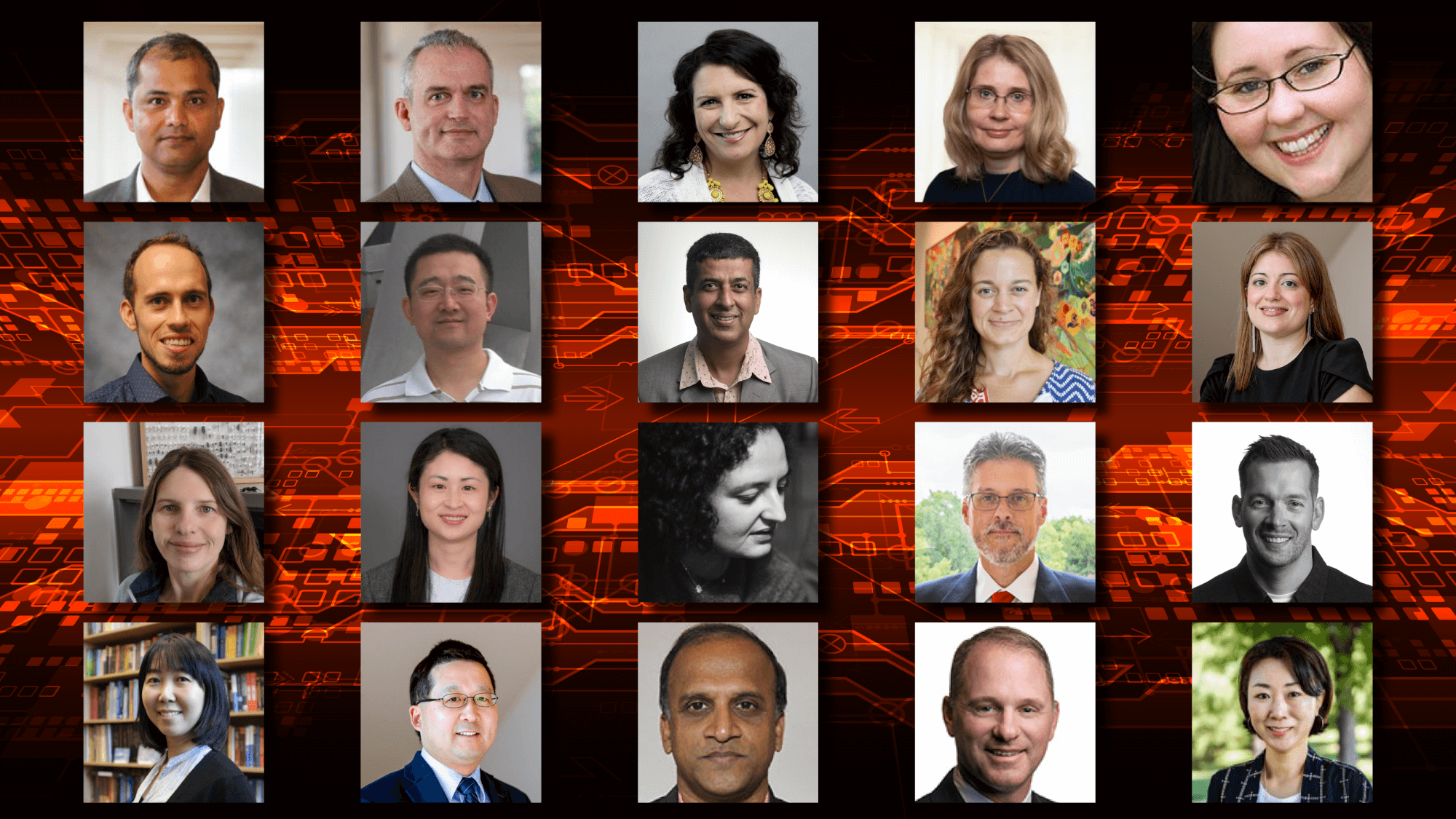The Research Collaboration Catalysts program — hosted through the Office of the Vice President for Research — is based on Team Science principles. Using evidence-based training, tools and resources, participating Iowa State faculty develop strong leadership skills and learn how to manage challenges that are specific to interdisciplinary collaborations to foster high-performing research teams. Participating tenured, tenure-eligible, and research term faculty were nominated as individuals who have demonstrated potential to lead future high-impact interdisciplinary research teams.

